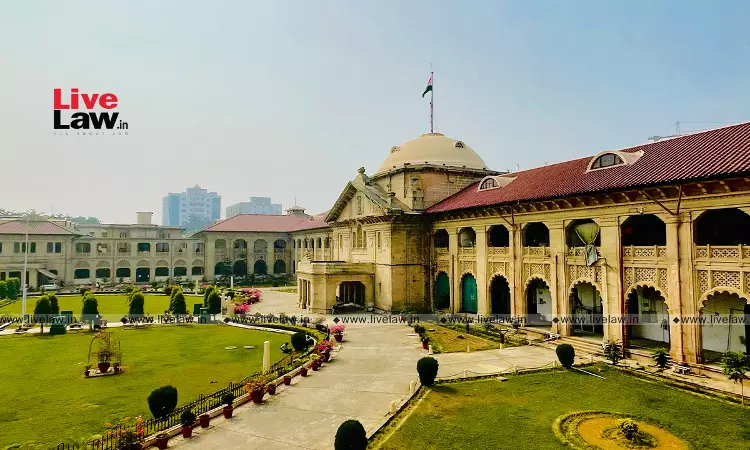1993 'Dowry Death' Case | Allahabad HC Upholds Acquittal Of 3 Accused Based On 'Suspicious' Viscera Examination Report
Sparsh Upadhyay
8 Aug 2024 1:50 PM IST

Next Story
8 Aug 2024 1:50 PM IST
The Allahabad High Court last week upheld the acquittal of three accused in the 1993 alleged dowry death case, citing concerns over the reliability of the viscera examination report. The court found the report 'suspicious', leading to doubts about the prosecution's evidence. Upholding the trial court's 1997 Judgment and order acquitting the accused, a bench of Justice Siddhartha...
